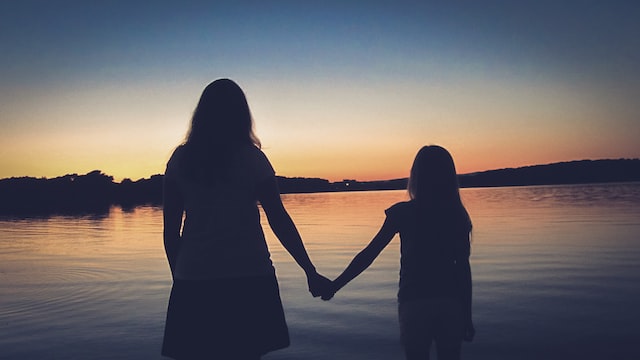How books create conversation
I feel very lucky about the relationship I have with books. I read here and there when I was young, but it was when I was 14 years old and picked up Divergent that I truly fell in love with reading. Since then, I have read over 500 books. However, it is not simply my reading that makes me such an avid reader, growing up I was surrounded by adults who also read and would often discuss the books that they were reading together. These discussions weren’t merely plot-based but felt as though they were more philosophical in tone, conversing on whether the actions of the characters were right or wrong. I didn’t quite understand them, but I could tell there was something about them that made me want to get involved.
I started to read more and more, transitioning from barely reading to flying through upwards of 10 books a month. However, it came as a shock to me that many of my peers at school weren’t doing the same, and those conversations I heard all too frequently between family members weren’t present in my life. This didn’t detract from my enjoyment of the books, but I was itching to talk about the contents to others.
These topics were not censored. It is not the conversation but the knowledge that the conversation could be had if I needed it.
It is hard to pinpoint the first book that my mum read off my shelf. It feels as though we’ve always been reading the same novels even though there was a time we weren’t. However, looking back at the early titles where our tastes intersected it is evident that difficult topics were present right from the start. From terminal illness to LGBT+ relationships, there was nothing that I was prevented from reading, and this allowed me to experience these more mature topics from the age of 12 and I feel truly helped prepare me for adulthood. However, what I think felt more comforting looking back was knowing my mum had read these stories as well, and therefore these topics were not censored. It is not the conversation but the knowledge that the conversation could be had if I needed it. I think that is what I truly got from reading as a teen, even if I didn’t know it at the time.
A reoccurring theme that sticks out is teen suicide, predominantly Thirteen Reasons Why. I think this is one of the first books that we did actively discuss, particularly the reasoning behind Hannah’s decision and our own opinions on the actions of her peers. There was no taboo, there was no tiptoeing around the subject, it was an open conversation and I think that is such a fundamental part of the strong relationship I have with her now. There is, of course, the danger that the lack of censorship might normalise suicide in my mind, but I actually think it made me more aware of its existence and the effect it can have on people.
As a parent you’ve got to appreciate what your child will encounter in life
My gratitude towards the transparency in these conversations stems from knowing about a friend who had completely the opposite experience. When finishing Undone by Cat Clarke, another book that deals with teenage suicide, my mum encouraged me to read it immediately, it has had a lasting effect on both of us and we still bring it up 7 years later. Following this, my mum recommended it to one of my friend’s mum – for her and her daughter to read. Fast forward a month later and she gave the book back to us claiming it was unsuitable for her child, despite her child being the same age as me. There is a fine line between protecting your child and leaving them unprepared and considering the protagonists of the novel were our age I still find it unfathomable that you would censor your child from that reading experience.
It felt like there was only one person I could truly speak to about the importance of the shared reading experience and the dialogue it creates, and that was my mum. A lot of the aforementioned feelings of security through reading books on difficult topics actually go unmentioned a lot of the time in our house, so it was surprising to hear how much it affected her as much as me. She explained to me, “as a parent you’ve got to appreciate what your child will encounter in life, and if you can tackle that subject through characters in a book it can often make subjects that could be difficult to discuss easier because there’s an emotional detachment but still an acknowledgment of its existence.” Although she noted that parents know their children best, she expressed that she wouldn’t have censored anything from me. I think my biggest takeaway was seeing how much it helped her on a personal level, explaining that, “it helps both parties, subjects can be as difficult for parents as children.” There is an acknowledgment that these shared experiences got rid of any sense of taboo, and she knows I know about them and vice versa. Through this we have been able to build a strong sense of trust, no topic of conversation is off limits and that is all thanks to the books we read.

Comments